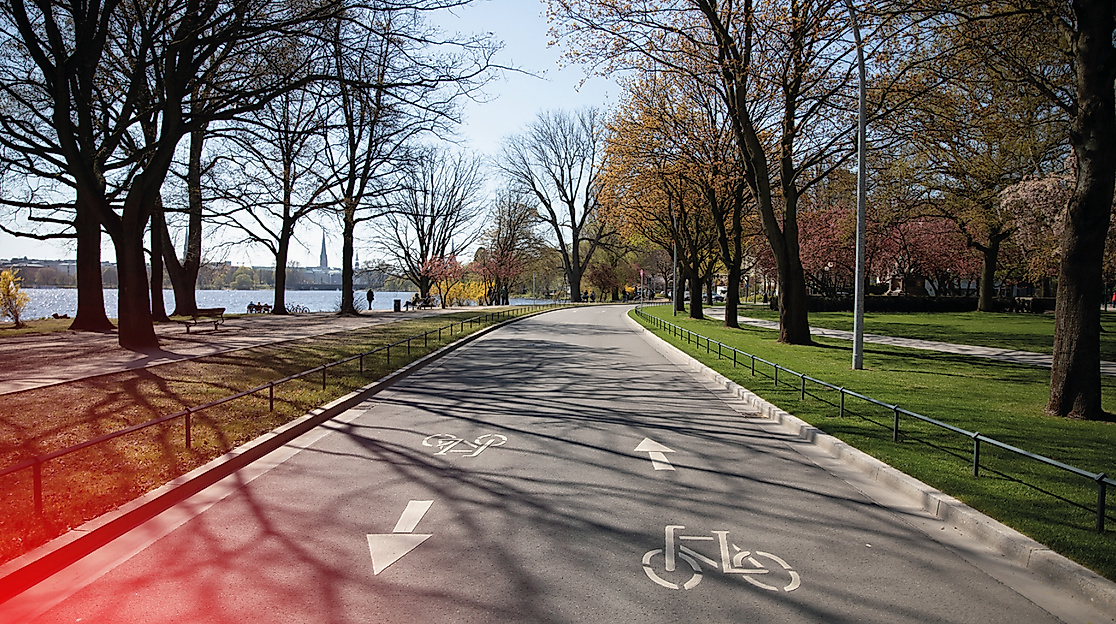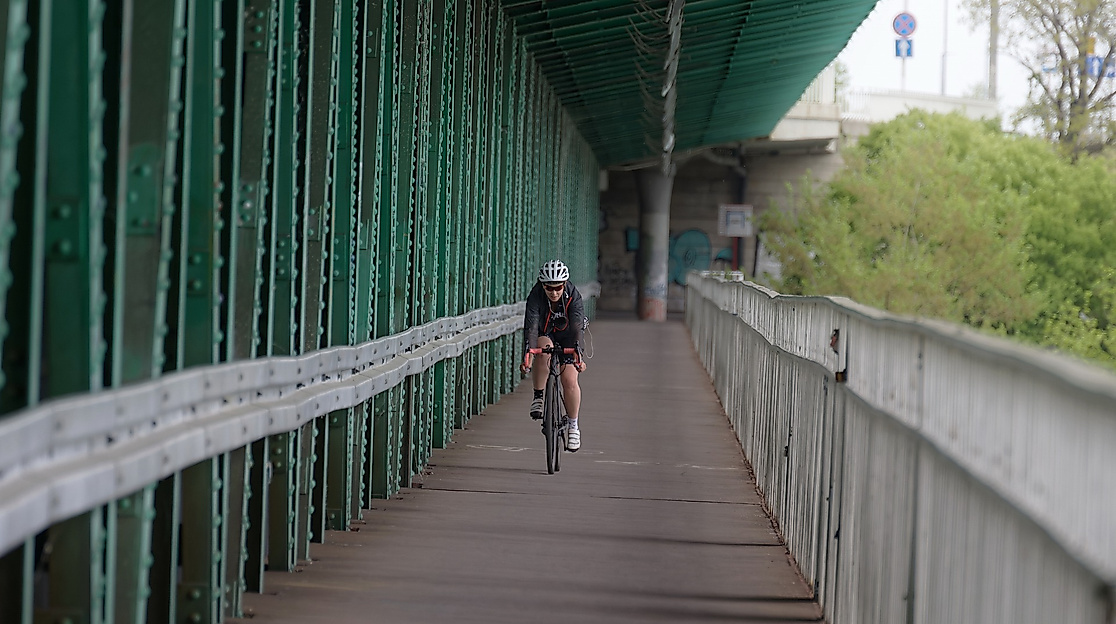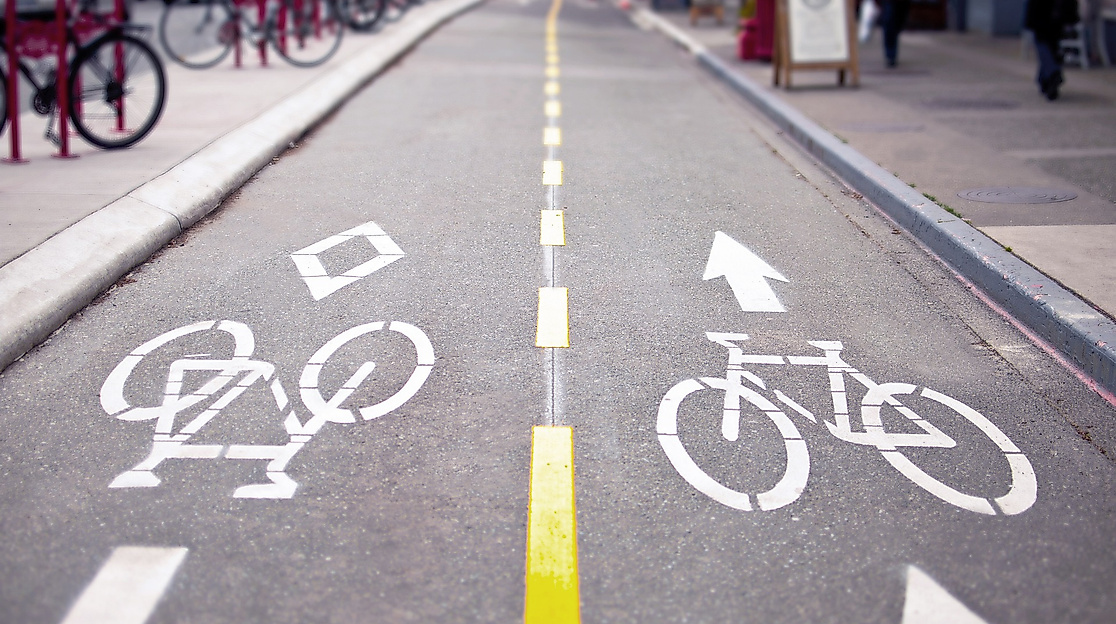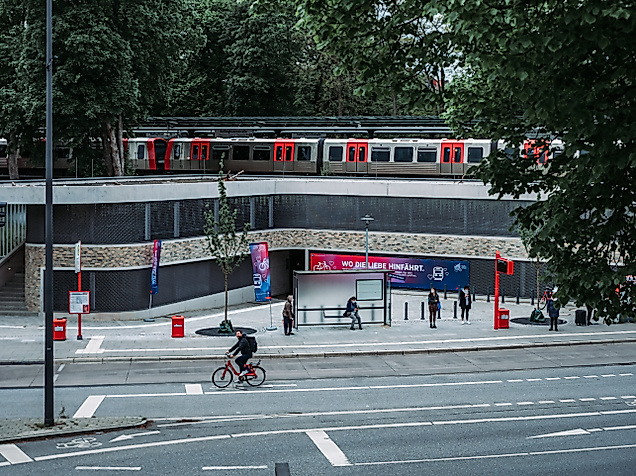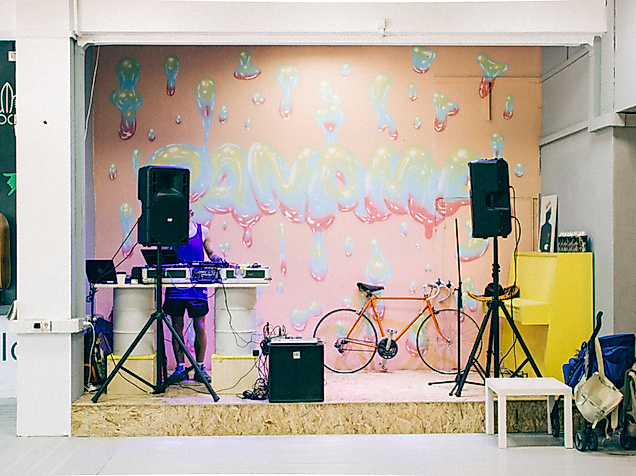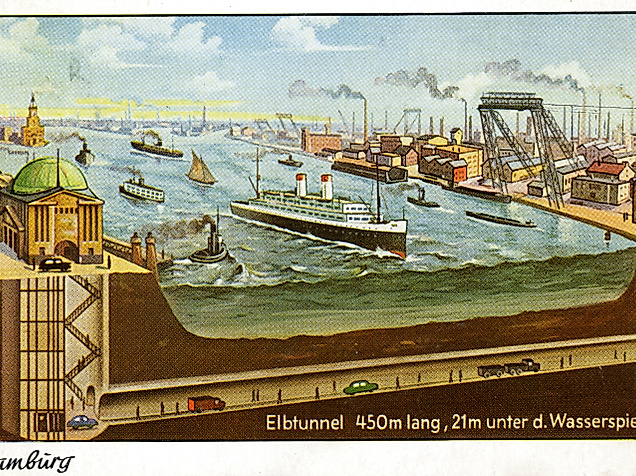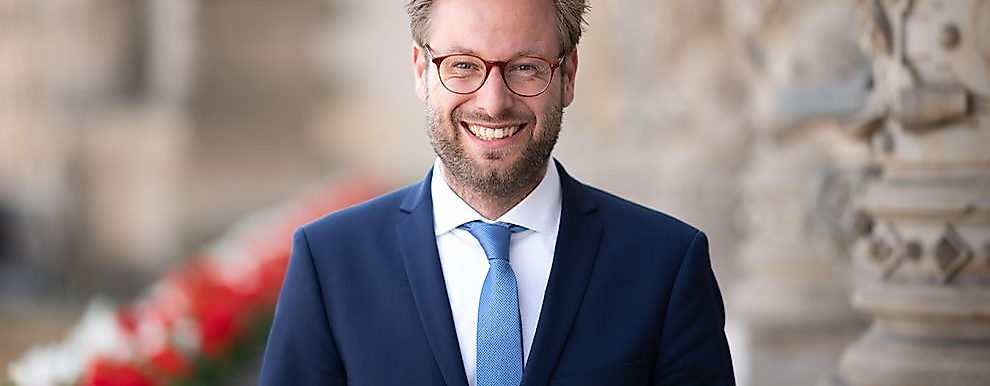
Interview Senator Dr. Anjes Tjarks on cycling in Hamburg
Dr. Anjes Tjarks, Senator for Transport and Mobility Change of the Free and Hanseatic City of Hamburg, describes himself as a passionate cyclist - not only in everyday life, but also in sports on his racing bike. The father of three likes to cycle 30 kilometres a day in the Hanseatic city. In addition to cycling as a hobby, the 39-year-old sees even more in this means of transport: it is extremely environmentally friendly and of great importance for the mobility transition. In an interview, we talked to the senator about his private racing bike routes, the bicycle as a symbol of solidarity and the mobility turnaround in Hamburg.
Can you actually remember the moment when you rode without training wheels for the first time?
Tjarks: No, I can't... but fortunately they are not so common anymore. With my own children it was first running wheels, then bicycles. No training wheels in between. Worked out well.
If you were a bicycle, what would it actually look like?
Tjarks: Elegant and slim, more for the long haul than for sprinting. Unfortunately also a bit uncomfortable.
Tell us about your best cycling story in Hamburg ever!
Tjarks: Oh. There are a few, but cycling through the Vier- und Marschlande at sunrise and spotting the occasional stork is one of the absolute highlights for me. I also think it's great when you see that traffic plans that were controversial are very well accepted: Harvestehuder Weg is a very good example of this.
So you are also very sporty: Where does triathlete Anjes Tjarks ride in Hamburg to stay fit?
Tjarks: I have two routes here in Hamburg: the first leads quite classically via Deichtorhallen along the edge of the harbour in the direction of Entenwerder and Kaltehofe in the Vier- und Marschlande. The other route leads from Altona through the Elbe suburbs via Blankenese to Wedel and, if there is still time and desire, into the Haseldorfer Marsch.
Does a racing cyclist like you actually ride a cargo bike or e-bike?
Tjarks: I've ridden an e-bike a few times and immediately recognised the addictive potential. That's why I prefer not to do it. Freight bikes fascinate me a lot, but I used to get by more comfortably and cheaply with a children's bike trailer, and now that the children are driving themselves, with a freight trailer.
Keyword children: How do you manage your everyday family life by bike?
Tjarks: I have a cargo trailer that has served me stoically and faithfully for years: when I go cycling with a tent and every Saturday at the weekly market.
Other topic: What does "Drive a Hamburg of Solidarity" mean to you?
Tjarks: Hamburg has coped so well with the pandemic so far because we all showed solidarity with each other and looked out for each other. I would like to see the same for traffic in the city. Everyone can contribute to this by taking good care of themselves and other road users. But "Ride a Hamburg of Solidarity" is of course also a mandate for the city: we have to create an attractive and safe infrastructure for cycling and share the public space fairly.
Why is the bicycle a great symbol of solidarity?
Tjarks: The bicycle is a great means of transport because it is extremely environmentally friendly and hardly wears out the public infrastructure. It uses very little public space and can be wonderfully combined with underground and suburban trains or even our ferry lines. With it, the space in Hamburg is shared in solidarity. But it is also important to me that cycling is fun. It is and it should stay that way. It's a great symbol of freedom and keeps you fit at the same time. That's why we don't want to persuade anyone to switch to cycling. We want to make cycling so attractive that people get on the saddle for their own reasons.
What measure is of particular importance in the field of cycling in the coming years in order to advance the mobility turnaround?
Tjarks: Safe cycle paths separated from the road are very, very important for cycling in Hamburg. But in reality, there are also many small measures: good, low-friction pavement quality, traffic light priority circuits, support facilities when waiting, low-stopping on important routes, and and and.
Last question and hand on heart: Does it actually feel like you are turning your hobby degree into a profession?
Tjarks: It feels great because I consider the mobility turnaround to be one of the absolutely most important issues of the 21st century. Our cities are growing in population - but not in space. And at the same time, the demand for mobility per person is increasing rapidly. This calculation only works if we manage the mobility turnaround. As a city, we have the task of shaping this in such a way that people perceive the mobility revolution as a gain in quality of life. For me, tackling this challenge in Hamburg is indeed a great thing that I will tackle with great enthusiasm.
Mr Tjarks, thank you for the interview.
